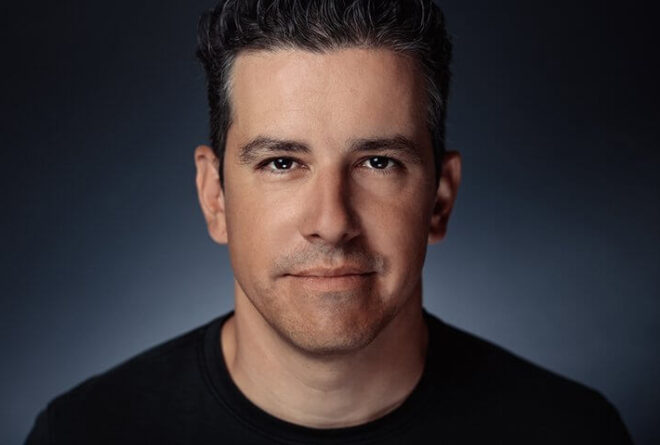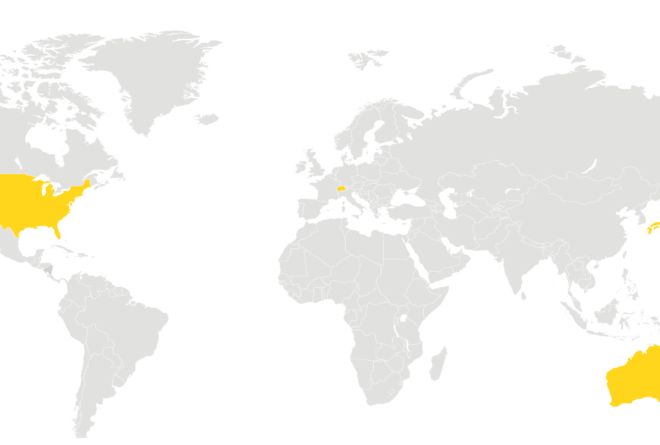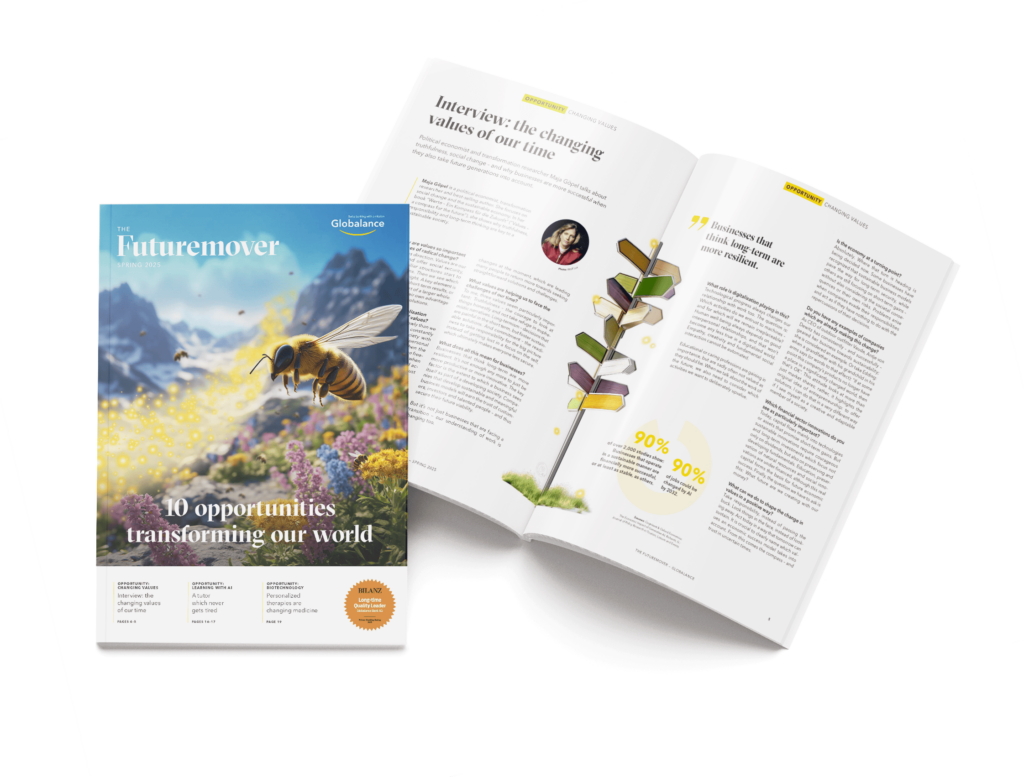News & Trends
Tailored Medicine

WILL WE SOON HAVE CUSTOMISED MEDICATION like a tailor-made suit? And if so: will it remain a luxury good or be available to everyone? One thing is clear: the sequencing of the human genome is currently leading to a revolutionary rethink in medicine.
Our genes often play a decisive role in determining which diseases we develop and which treatments we respond to. We can now learn a great deal about this through genome sequencing, i. e. the analysis of our entire genetic make-up. It provides a basis for developing suitable, specific drugs and personalising treatments. For example, many types of cancer or purely genetic diseases are already being treated according to their molecular profile. And in the case of HIV, a genetic test can help identify a devastating intolerance to an active substance contained in the standard medication.
In future, we will be able to assess the risks of certain diseases long before they occur.
Move Away from Half a Cancer
Our healthcare system is thus undergoing a paradigm shift: instead of averages that are often difficult to interpret — if fifty per cent of the population has cancer, not everyone has half a cancer! — individual fates are becoming more important. The development and adaptation of drugs are also moving away from the trial-and-error principle towards a systematic process.
Determining the individual’s predisposition also makes prevention more important: in the future, we will be able to assess our risk of certain diseases much earlier than they actually occur. With the double-edged consequence that we will probably have to deal with them even before they break out and take responsibility for our lifestyle. After all, external factors also play a role in most diseases.
The EU Leads the Way
The European countries agree in principle that there is a future for genome sequencing and in particular for the established, faster variant of next generation sequencing (NGS). Germany has already created the legal basis to ensure that this personalised medicine, tailored to a person’s individual genetic make-up, will be available to everyone as soon as possible. In January 2024, a five-year pilot project will be launched with the aim of setting up care structures, networking genetic medicine institutions and establishing uniform standards, among other things. Meanwhile, the EU’s “1+ Million Genomes” initiative aims to sequence more than one million genomes in order to obtain more information about individual diseases. The resulting Europe-wide database is intended to sharpen the outlines of clinical pictures more than would be possible in individual regions or countries (with correspondingly less data).
The Personnel Challenge
One of the challenges is data security. It is essential that employers or insurance companies never have access to an individual’s genome sequence and that it is protected against misuse. In addition, it is not easy to achieve the goal that the new method should be accessible to everyone, as is currently being pursued in Germany. At the moment, full sequencing still seems too expensive for the general public, which is why partial sequencing is often used.
Health insurance companies in particular are also likely to be concerned about the cost implications of detecting more, often rare, diseases. Regardless, there is simply a lack of time and personnel at present to establish genome sequencing as a mass business.
The global “next generation sequencing” market is expected to grow annually by over 20 per cent
Attractive Investment Opportunities
So while the technology is already quite mature, the method still has a long way to go in some cases. A lot is likely to happen in this sector in the coming years: the global NGS market is expected to grow by more than 20 per cent a year to around USD 31 billion by 2026. Major players include the American companies Illumina, Thermo Fisher Scientific and Agilent Technologies as well as the Swiss Roche Group. It is worth taking a closer look at the companies that are developing genome sequencing solutions. They have the potential to make us healthier in the long run, which should be worth a lot.
Personalised medicine is unlikely to significantly reduce healthcare costs. But it will make it more efficient and improve its quality. And that will ensure that we ultimately get more for our money.
The Globalance View
The most important areas of application for personalised medicine are believed to be common diseases such as cancer, Parkinson’s and Alzheimer’s, which emphasises this technology’s potential for growth.
In addition to bioanalytics and genetics, the keys to success can primarily be found in digitisation and data management. Computer-supported drug design and digital early diagnostics require very powerful computers and produce huge amounts of data that needs to be stored, analysed and networked. The rapid developments in biomedicine and IT are therefore opening up fascinating opportunities for new treatment approaches — and attractive investment options for investors.
Be part of the solution and stay informed with the Futuremover. Subscribe now and shape the future!



